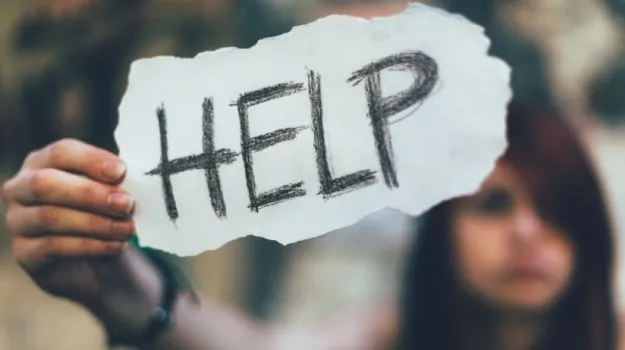It’s nearly impossible to completely avoid stress in the workplace
An 83% of workers say they feel stressed-out by their jobs because of pay, unreasonable workloads or annoying coworkers. Even so, there are simple ways to curb your negative impulses and reduce your risk of causing damage—we'll call it emotional discipline.

Studies show that your level of emotional discipline, or self-control, can predict physical health, substance dependence, personal finances, criminal activity and general life outlook. The greater your ability to exercise control over your emotional impulses, the more disciplined, productive and successful you’ll be at work and in other life situations.
Mental strategies that promote the gratitude attitude, self-compassion, mindfulness, and self-soothing can certainly go a long way toward reducing stress, increasing your happiness, and lessening mental suffering.
Good relationships can bring peace of mind, not to mention longer life, companionship, health, happiness, and a host of other benefits. At bottom, we are social creatures who need each other.

Relationships and Peace of Mind
If you doubt the role of good relationships for a more peaceful mind, consider how you felt, or might feel, in these situations:
- You lose a valued friend. Or, a romantic partner walks out on you.
- You realize you were unintentionally rude to a colleague.
- You don’t have a place to go for a holiday dinner.
- Someone insulted you.
- You realize you don’t have someone to call during a crisis.

Mental fatigue, fatigue and depression.
Mental Fatigue, Fatigue, and Depression can present symptoms that can be mistaken for each other.
It can be said that depression occurs when a person feels sad, anxious or hopeless for an extended period of time. This condition has very high impact on energy levels, making the decrease of energy, mental fatigue, and fatigue as one of the most visible symptoms, but we cannot forget some of the less obvious ones such as:
Headaches. These are fairly common in people with depression. If you already had migraine headaches, they may become worse if you're depressed;
Exhaustion and fatigue. No matter how much you sleep, you may still feel tired or worn out. Getting out of the bed in the morning may seem very hard, even impossible;
Trouble concentrating and making decisions.
When Fatigue or Mental Fatigue sets in, Anxiety escalates rapidly out of despair for not being able to do what was once so easy. The task of reframing negative thoughts and feelings into positive ones is a titanic task.

Some steps to the health of the relationship.
- Apologize when you’ve been wrong.
- Ask for what you need in the relationship.
- Be able to say NO when your friends’ requests interfere with your own values and goals.
- Use negative feelings—such as resentment, sadness, and annoyance—as clues that you might need to change either yourself or something in the relationship.
- Say thank you. Thank your friend when he does something for you. Stay in touch with people who have helped you. Pick up the phone. Write a thank-you note. You will find that expressing your gratitude—to yourself and to others—can ignite a chain reaction of other positive changes.

Finding good people and groups for mutual support is a lifetime pursuit and is not always easy. Still, it’s worth it for your peace of mind. What could you do today to strengthen your “relationship health?” Better relationship health will lead to a more peaceful mind..
References
https://www.psychologytoday.com/blog/changepower/201507/13-steps-better-relationshipsand-peace-mind
https://performetric.net/blog/mental-fatigue-fatigue-and-depression/
https://www.salesforce.com/blog/2014/09/stressful-situations-emotional-discipline.html
Lieberman, M.D. Social: Why Our Brains Are Wired to Connect (2013). NY: Crown.